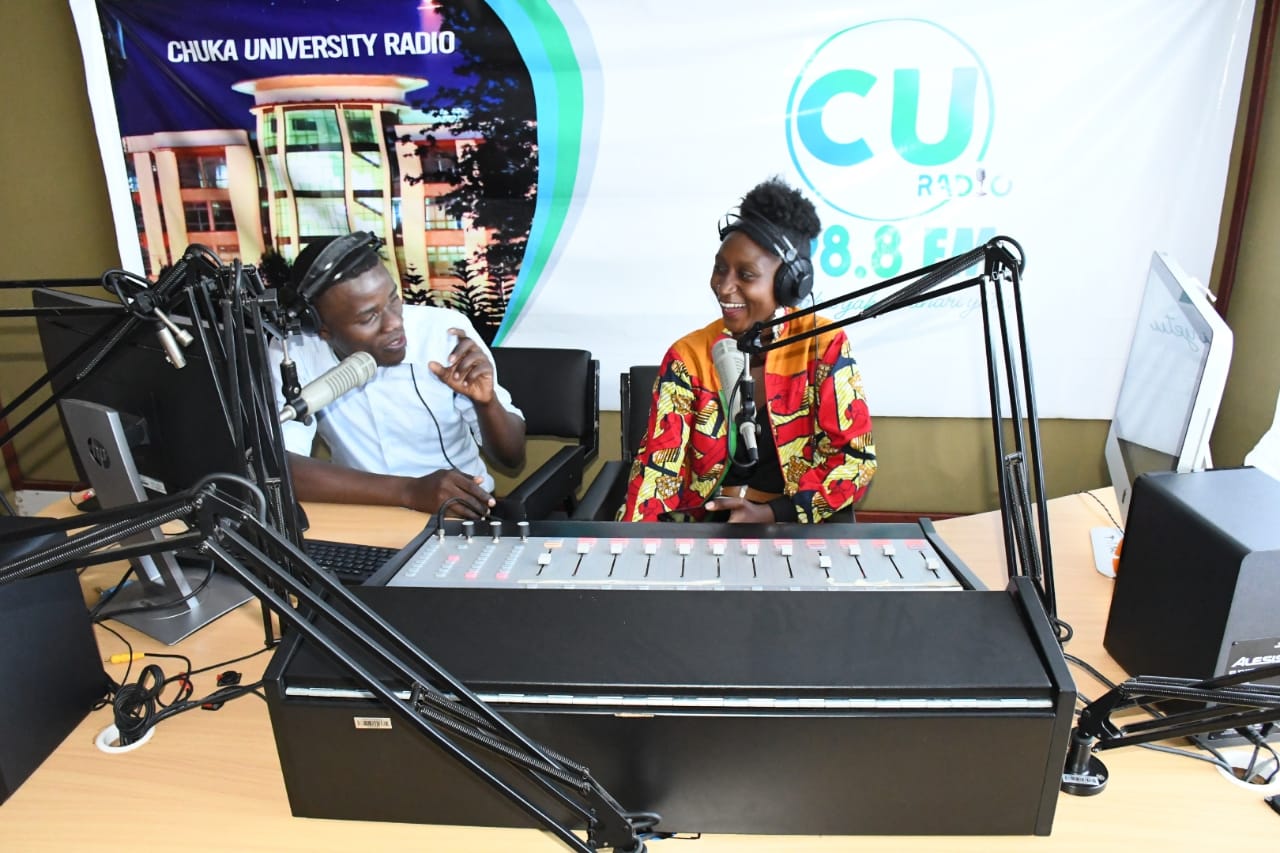By Andrew Walyaula
waliaulaandrew0@gmail.com
At the onset of the past decade, it was introduced illegally on the online market. Contract cheating, dubbed “Academic Writing” flourished among Kenyan graduates.
Over years, the business has been received by many people, mostly unemployed graduates.
In Kitengela, hundreds of youths have staked on academic writing as an alternative to joblessness.
Recently, international outlets such as CBC and BBC have probed the illegal business that have enabled youths in Kenya earn a lot of income by writing exams for student, mostly from United States and United Kingdom.
Janet, not her real name takes us through her journey of success that has enabled her set up multimillion businesses across the country.
“I began academic writing while I was in third of my university studies. It helped me pay school fees, accommodation and establish entities,” She says.
To start writing, you have to either open a writing account by undergoing some thorough tests or buy an already functioning one.
Janet reveals that in 2014 it was easy to open the account unlike now, where people have flooded in the business.
She notes that the payment, which is done per page have been depreciating ever since.
“At first, few people knew about the business and others perceived it to be a scam. I used to be paid up to Ksh1200 per page. Now, it has been reduced to averagely Ksh500,” she explains.
She observes that people who embraced the business early got a lot of money in the shortest time possible.
“Actually, in two weeks, I could make Ksh300,000. This was more than what many of the civil servants earn,”
The funds were channeled into establishing cloth businesses in Nairobi, Mombasa, Nyahururu and Nanyuki.
In the current market, Janet reveals that people are striving to rise Ksh250,000 in a month.
Besides, more and more rules have been introduced that makes the work rigorous.
“When I started, the rules were not as tough as now. You can write one assignment for more than five times,” Janet observes.
Despite the challenges, unemployed University and College students are opting for it.
“Academic writing has become a savior to the many youths who are unemployed. On my side, I have more than 100 writers,” She says.
Due to limited accounts, a lot of people are working for those with accounts. Janet says that the standard payment for people working for her is Ksh250 per page. She says that the fastest writer she has writes 300 pages and the lowest 150 pages in a month, which accumulates to Ksh75,000 and Ksh37,500 respectively for their wages.
The owner of the account earns similarly or more than what the writer gets.
According to Janet, who has four accounts, the least account in terms of number of pages is always around one thousand and the highest 1500. Averagely in a month she earns 1.3 million after deducting the payment for her employees.
“I cannot quit the business. It is through it that I am who I am now,” she vows.
One of her writers said that since he graduated from University in 2014, academic writing has been his hustle until the time we had an interview with him.
“I have been writing since I graduated not that I don’t want formal job, but there are no opportunities yet,” he said.
He has a wife and two children whom he is able to provide for them. He lives in two-bedroom house worth Ksh25,000.
Janet encourages graduates to venture into the business because it pays.
“The work doesn’t necessarily require one to report to the office. You can write from your convenience. What is more important so as to thrive in the business is to provide quality work with minimal mistakes as well as being timely,” Janet says.
She reveals that there are more than 600 people in Kitengela she knows who are in for academic writing.
“Day by day new people get into the industry. It is an addictive venture. One can quit but after sometime they get back,” she says.
According to statistics, Kenya is the leading nation in East Africa in terms of unemployment as more than two hundred graduates are released every year.






